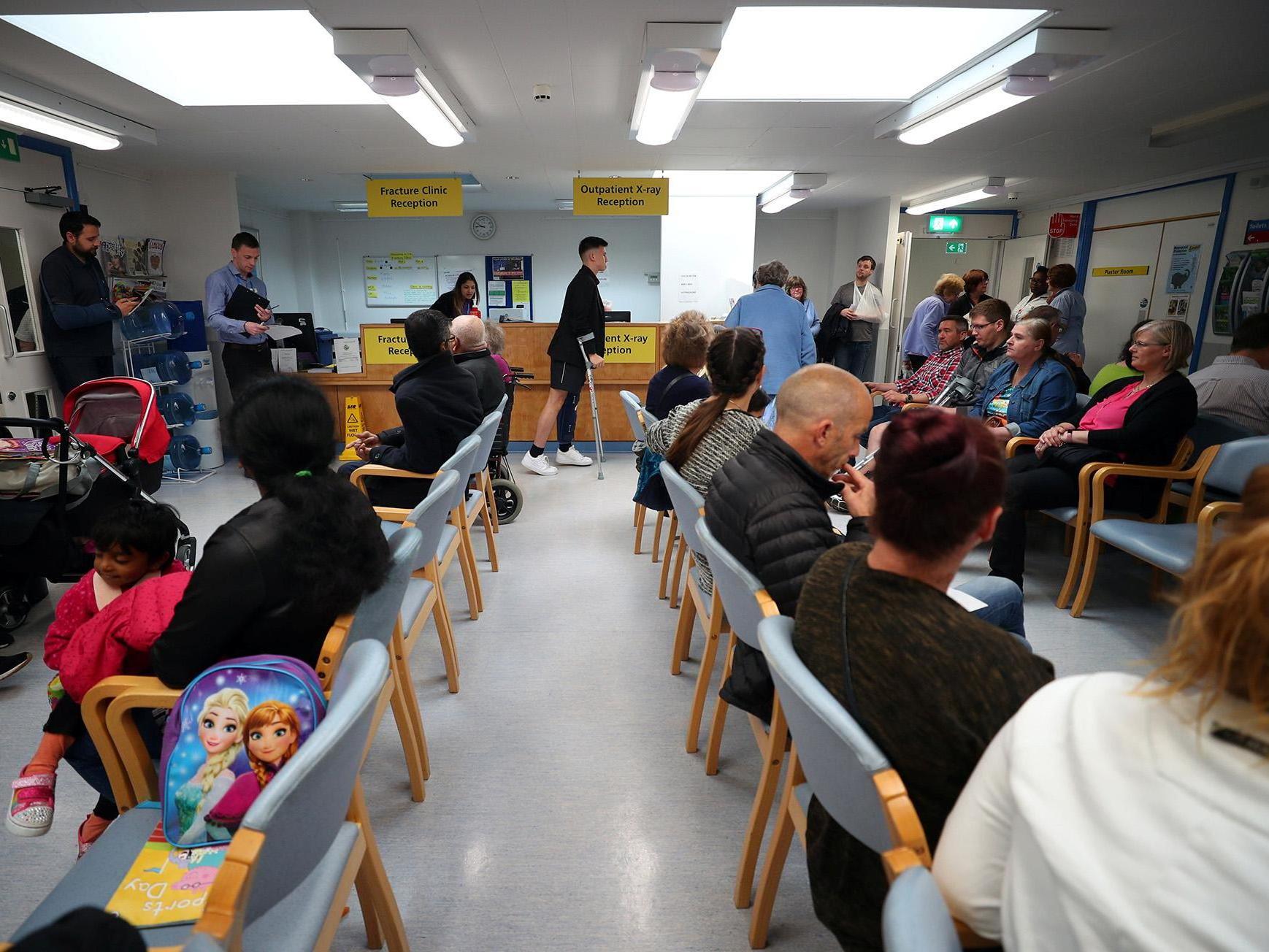Killer diseases could be missed by overstressed doctors in busy winter months, senior GP warns
‘Throwaway comment’ asking for tests on a lump easy to miss when time is tight, says Royal College of GPs chair after seeing 100 patients in day

Warning signs of potentially deadly illnesses could be missed during the winter rush as overstretched GPs deal with 100 patients a day, the chair of the Royal College of General Practitioners has warned.
Pressures from seasonal ailments and people trying to get appointments before the holidays mean many GPs are left fretting at the end of the day about whether they might have missed something.
“It’s incredibly stressful,” said the Royal College of General Practitioners (RCGP) chair Professor Helen Stokes-Lampard after warning that in recent weeks she had dealt with more than 100 patients in a day, including phone consultations and emails.
A recent survey of NHS GP workloads found one in five were seeing more than 50 patients a day, but European Union medics have a safe limit of 20 patient contacts.
Declining GP numbers have hampered attempts to extend consultations beyond the standard 10 minutes, with the extra pressures of responding to letters and updating notes being completed in GPs’ own time.
An RCGP survey of 1,000 GPs found four out of five respondents believe the care they give is compromised over the winter period.
“The thing that causes the greatest stress is not being able to do a safe job, a good job,” Professor Stokes-Lampard said.
“Amazingly, the evidence doesn’t show much harm at the moment but we worry about what problems we are storing up for the future, ‘What have I missed today that could matter in the future? Have I missed something in an important letter from the hospital?’
“Because if a hospital consultant sends me a three page letter and on the final page there is an important throwaway comment about ‘by the way I found a funny lump would you be so kind as to refer that on’ it’s really easy to miss that sort of thing if you are rushing.”
Tired and stressed doctors are also more likely to unwittingly “double click and skip past a whole result” missing red flag symptoms that might need more investigating, she said.
But recognising that they’re under strain, Professor Stokes-Lampard said the main consequence of increased pressures was to make doctors extra cautious.
Overprescribing or referring patients for more tests than they usually would adds strain onto hospitals and the wider NHS, which is struggling after eight years of a funding squeeze.
“That actually increases cost and pressure in the whole system overall. But we can cause unintended harm by doing tests that aren’t appropriate for that person,” the Lichfield GP said.
To relieve pressures over winter, she is calling for more promotion of self-care strategies, and for authorities to direct patients to reliable information sources such as NHS Choices as well as asking them to consult their pharmacists for minor ailments.
Other basics include checking on neighbours in the colder months and ensuring they or other relatives have their prescriptions filled before the Christmas shutdown.
“Sometimes... the paramedics are forced to take someone to hospital just because there is no one there just to check in on somebody two hours later,” Professor Stokes-Lampard said.
Join our commenting forum
Join thought-provoking conversations, follow other Independent readers and see their replies
Comments
Bookmark popover
Removed from bookmarks